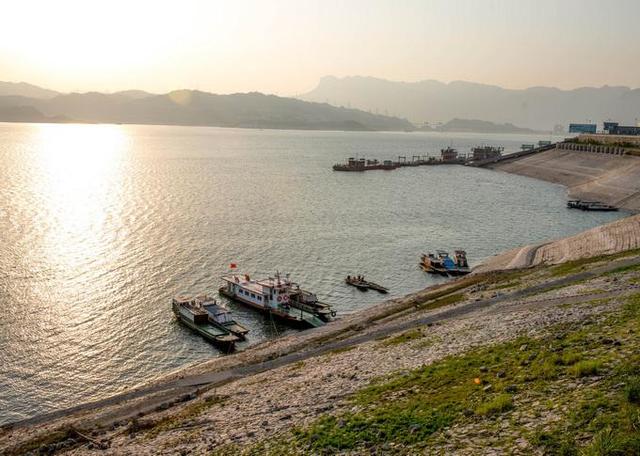Sichuan to bar fishing on Yangtze River
Sichuan province will complete the annulment of 10,211 fishing permits by the end of this month, heralding the beginning of a 10-year fishing ban along the Sichuan section of the Yangtze River.
Sichuan province will complete the annulment of 10,211 fishing permits by the end of this month, heralding the beginning of a 10-year fishing ban along the Sichuan section of the Yangtze River.

The Ministry of Agriculture and Rural Affairs announced on Jan 1 that the country would implement 10-year fishing bans along key stretches of the Yangtze to protect biodiversity in Asia's longest river.
The ministry said the bans would affect about 280,000 fishermen in 10 provincial-level regions along the Yangtze.
Sichuan finished calculating the number of fishermen and fishing boats in the province before the end of July. The numbers, verified by the ministry, totaled 16,437 fishermen and 10,211 fishing boats.
The province issued its first fishing permits after the country's Fisheries Law took effect on July 1, 1986.
Each fishing boat has one permit, but they will all be revoked by the end of this month. After that, those found fishing along the Yangtze will be engaging in illegal activity and be punished, said Zhang Zhiying, an official with the Sichuan Fisheries Bureau.
Yuan Ye, another official with the bureau, said the province will have to provide skills training sessions for fishermen who have to move ashore.
Sichuan, on the upper reaches of the Yangtze, is different from the provinces of Hubei, Hunan, Anhui and Jiangxi on the river's lower reaches because most of its fishermen have only fished part time in recent years, the bureau said, with few fishermen making a living solely by fishing.
The direct cause has been the decline in the number of fish in the Yangtze, and fishermen unable to make ends meet have had to find other jobs, it said.
In 1986, more than 20,000 metric tons of fish were caught in the Yangtze in Sichuan. The catch climbed to a record of nearly 70,000 tons in 2005 but gradually declined after that. Nearly 39,000 tons were caught last year, according to data from the bureau.
The dwindling catch shows the Yangtze is sick and needs a rest, Zhang said.
Although Sichuan may find it easier to implement the fishing ban than provinces on the lower reaches of the Yangtze, its 16,437 fishermen are scattered in 115 cities, districts and counties.
Conditions differ in locations, Yuan said, and proper arrangements will have to be made to cater to the different needs of individual fishermen who have to work ashore.

